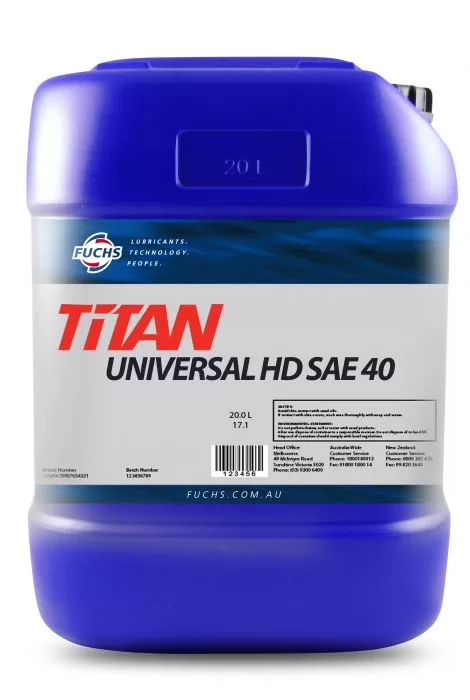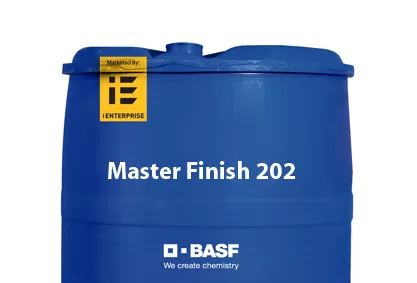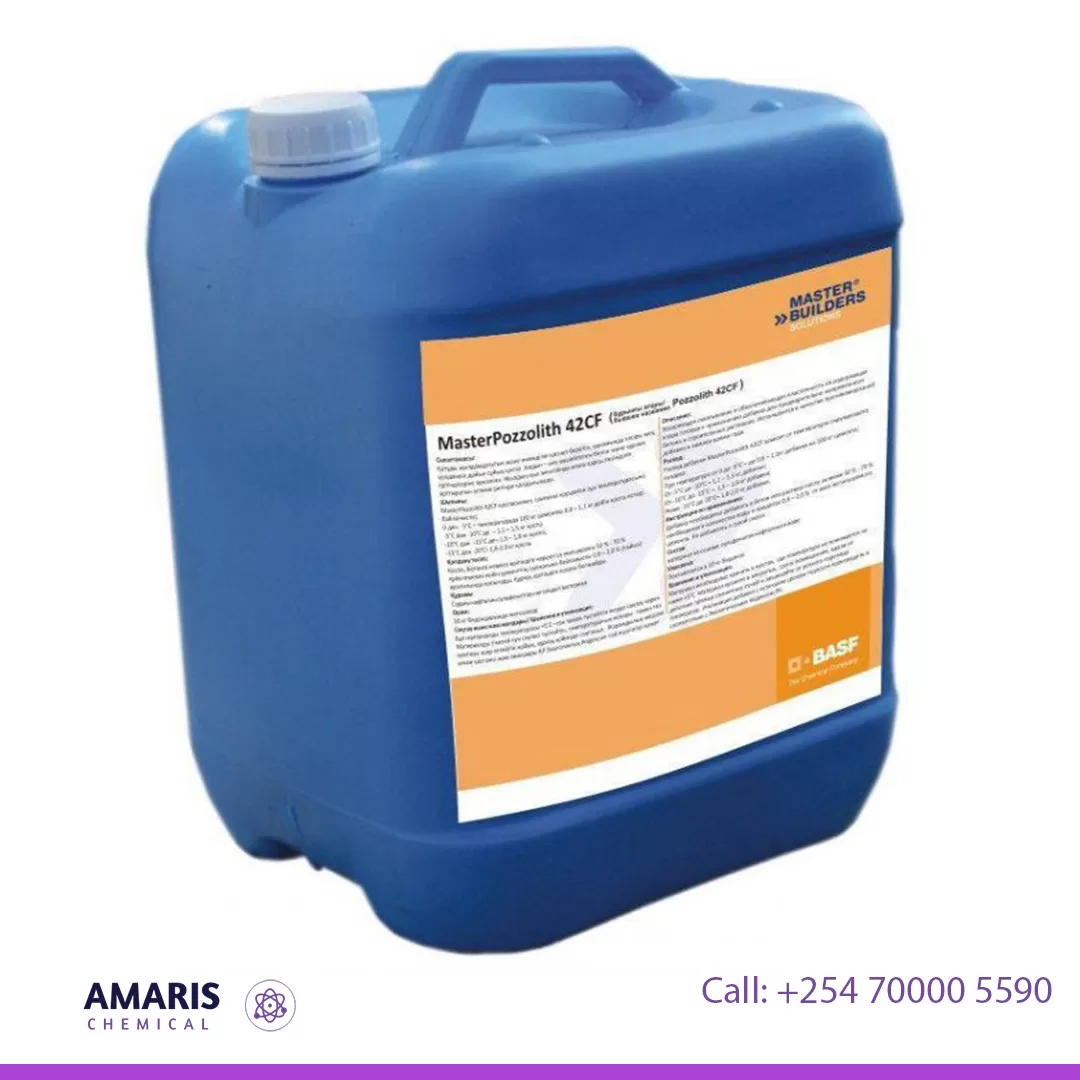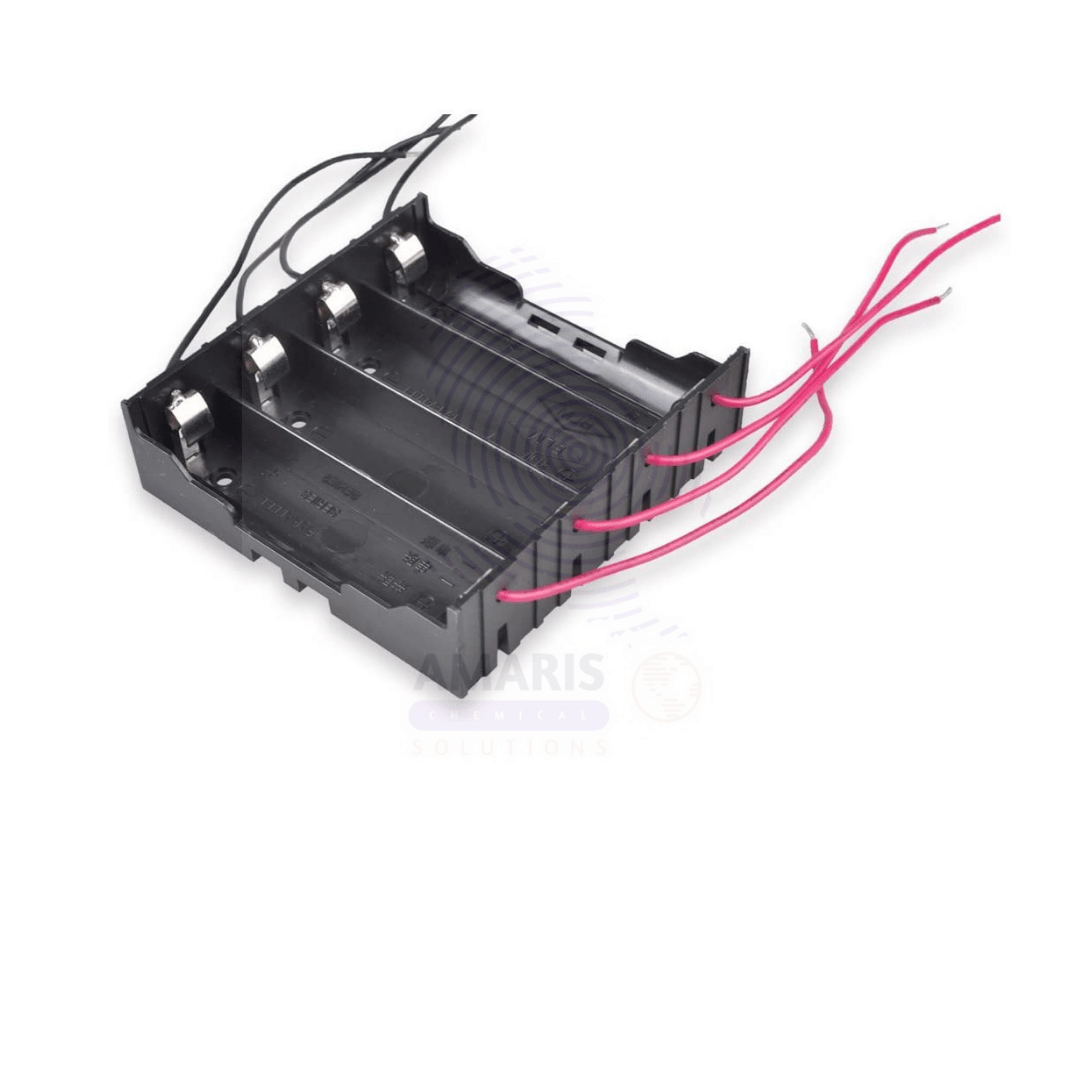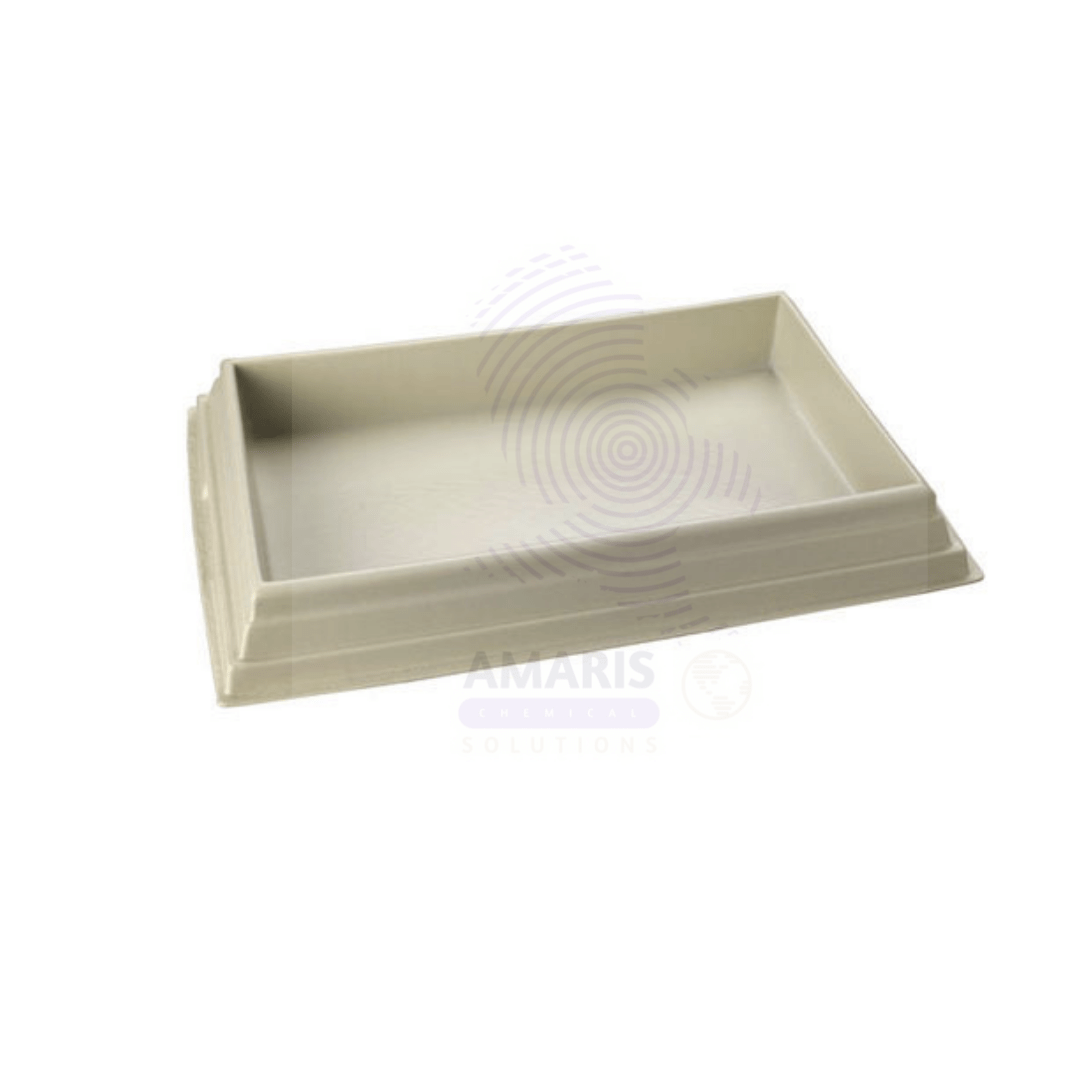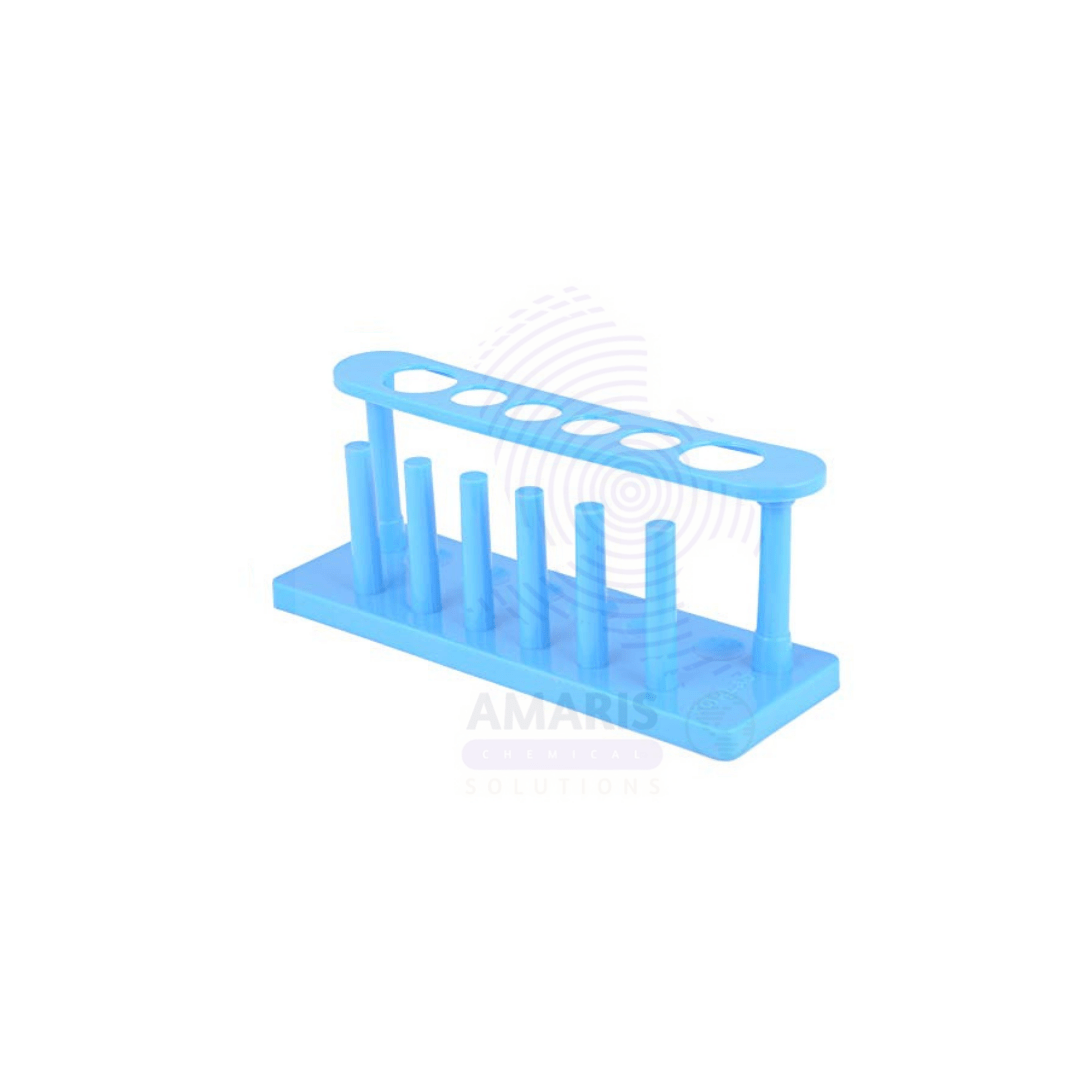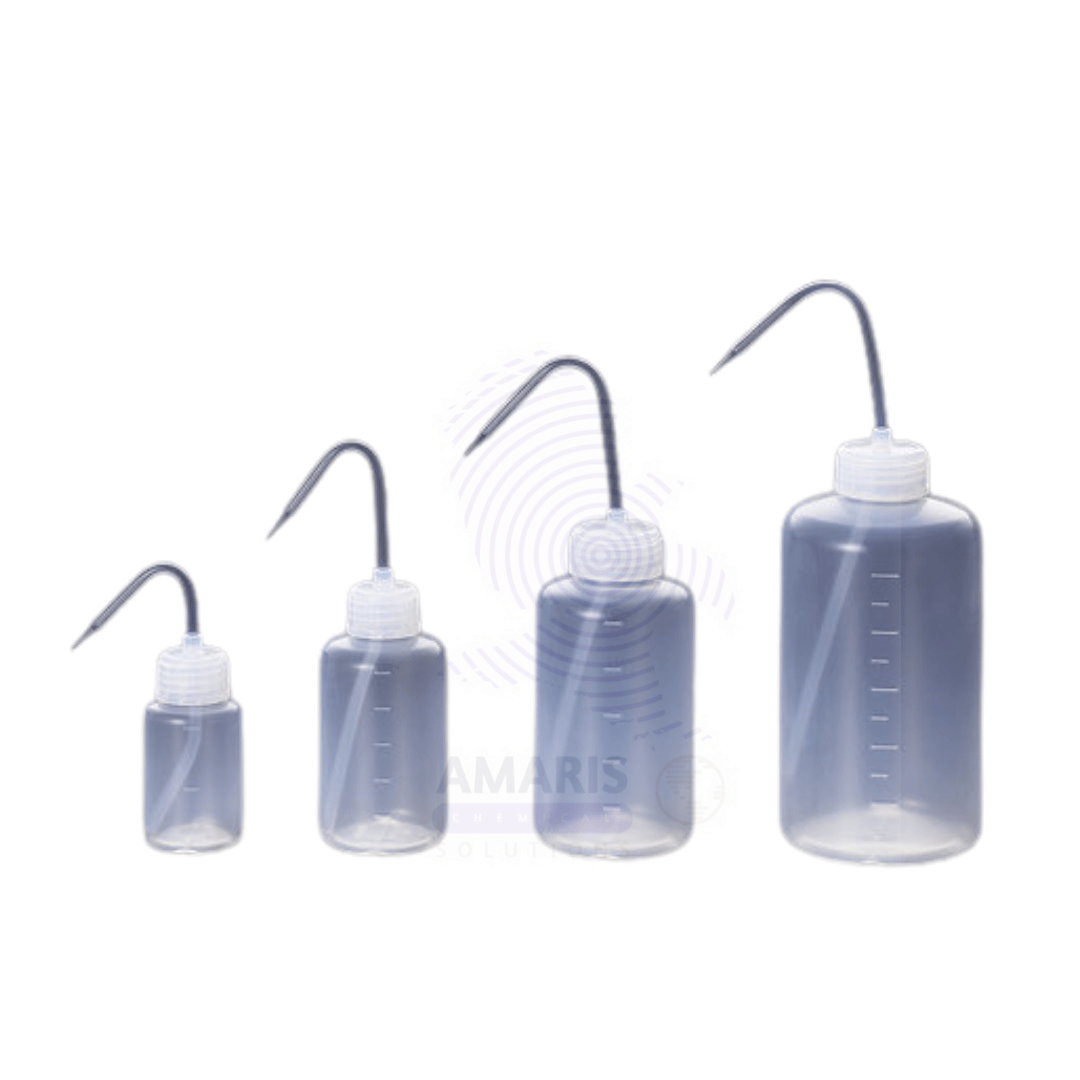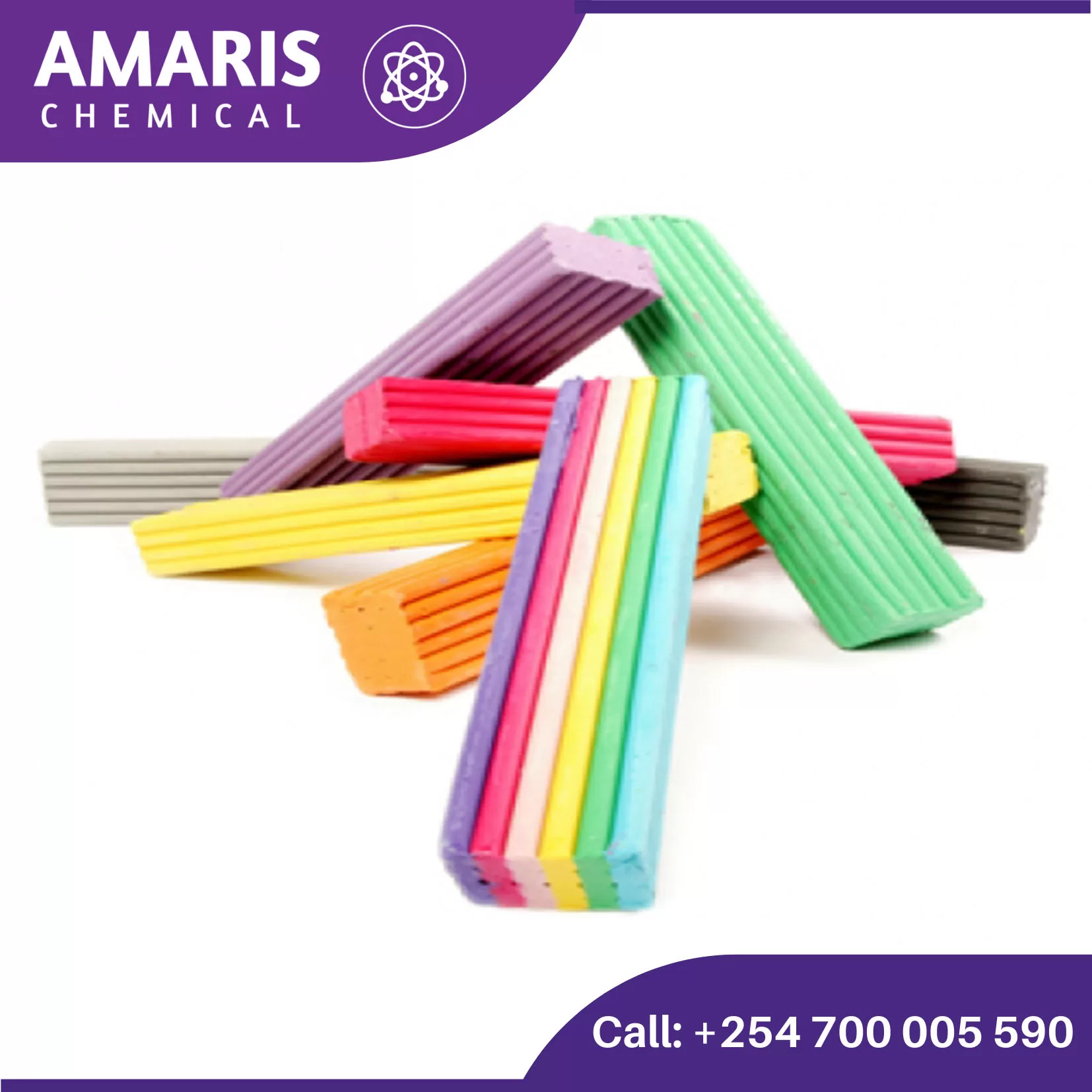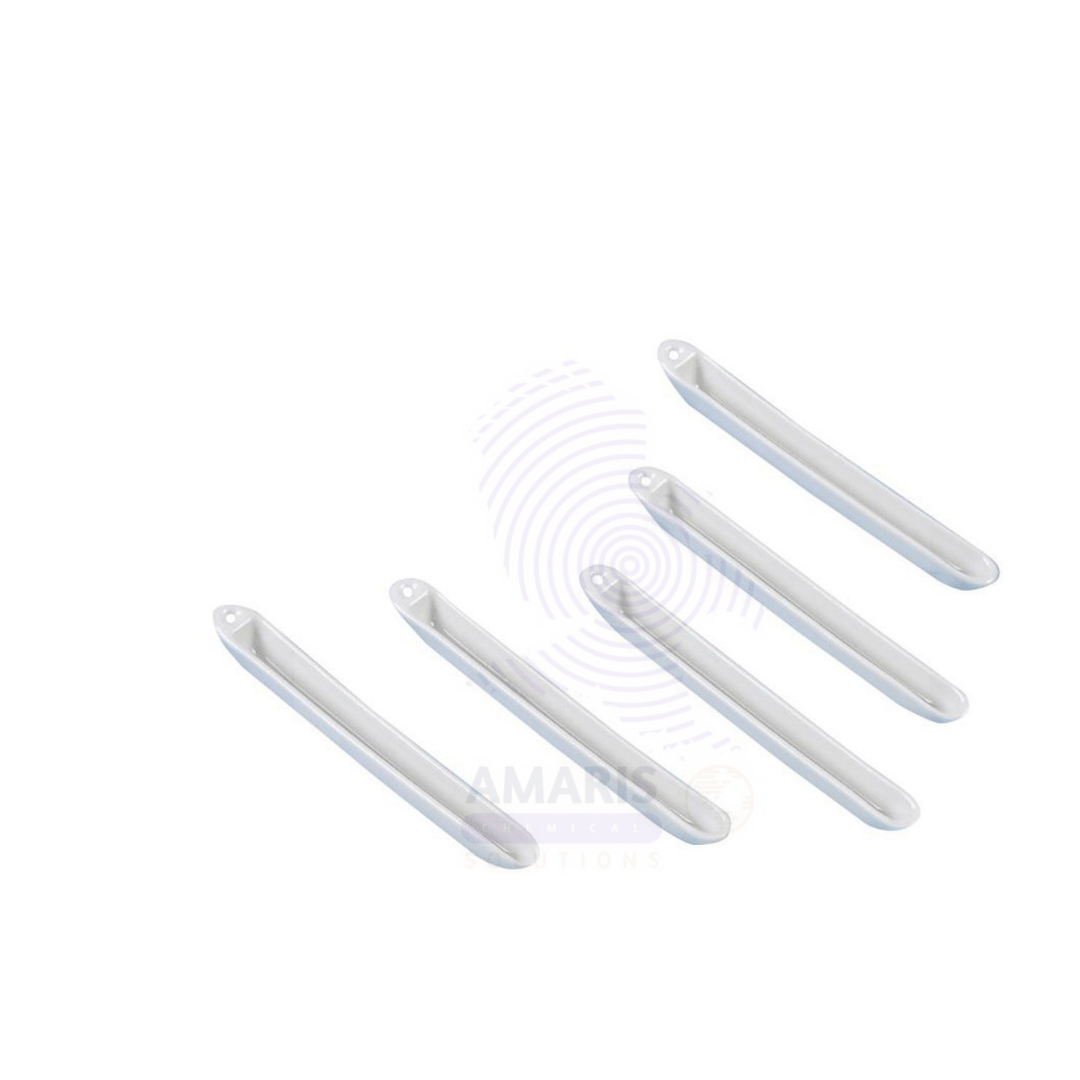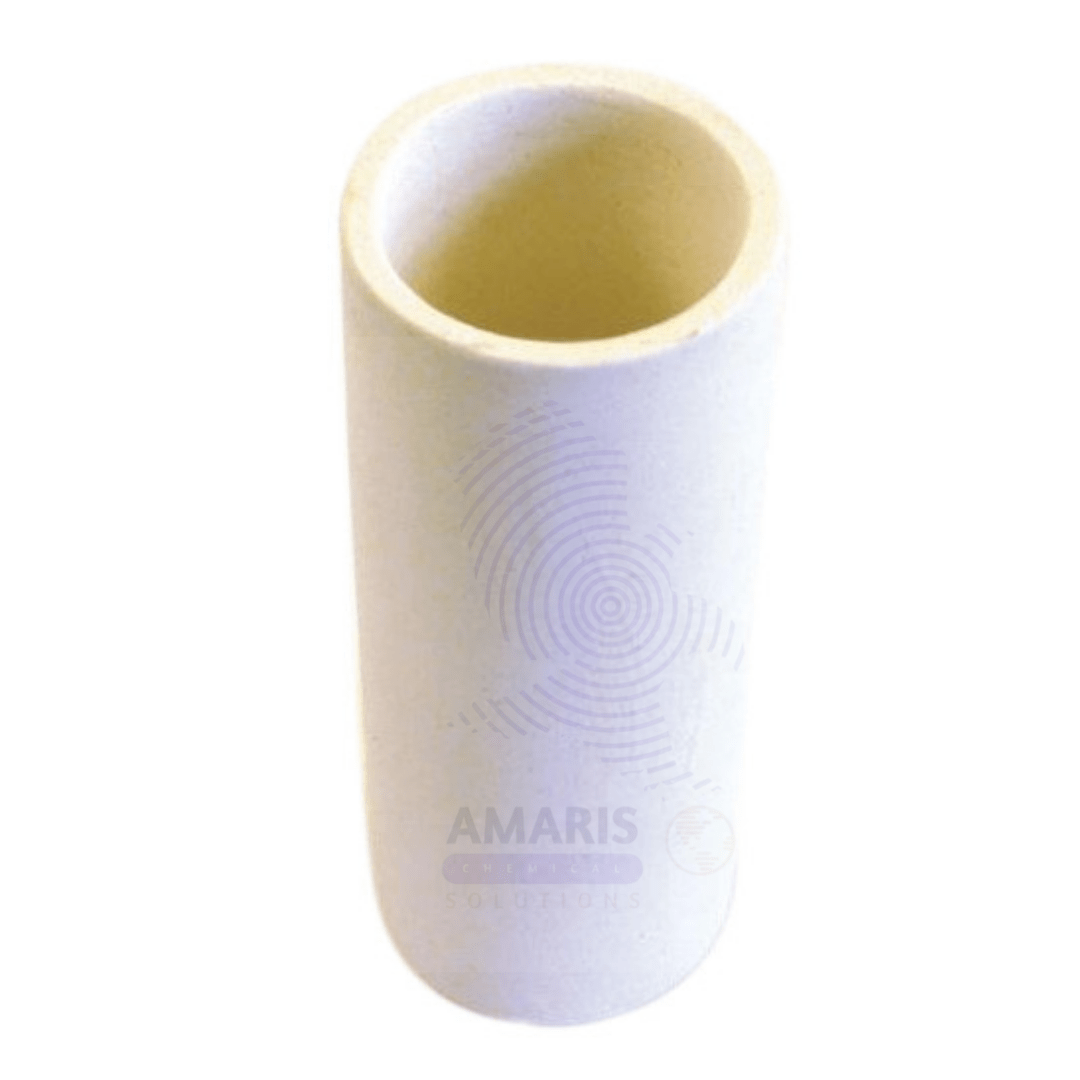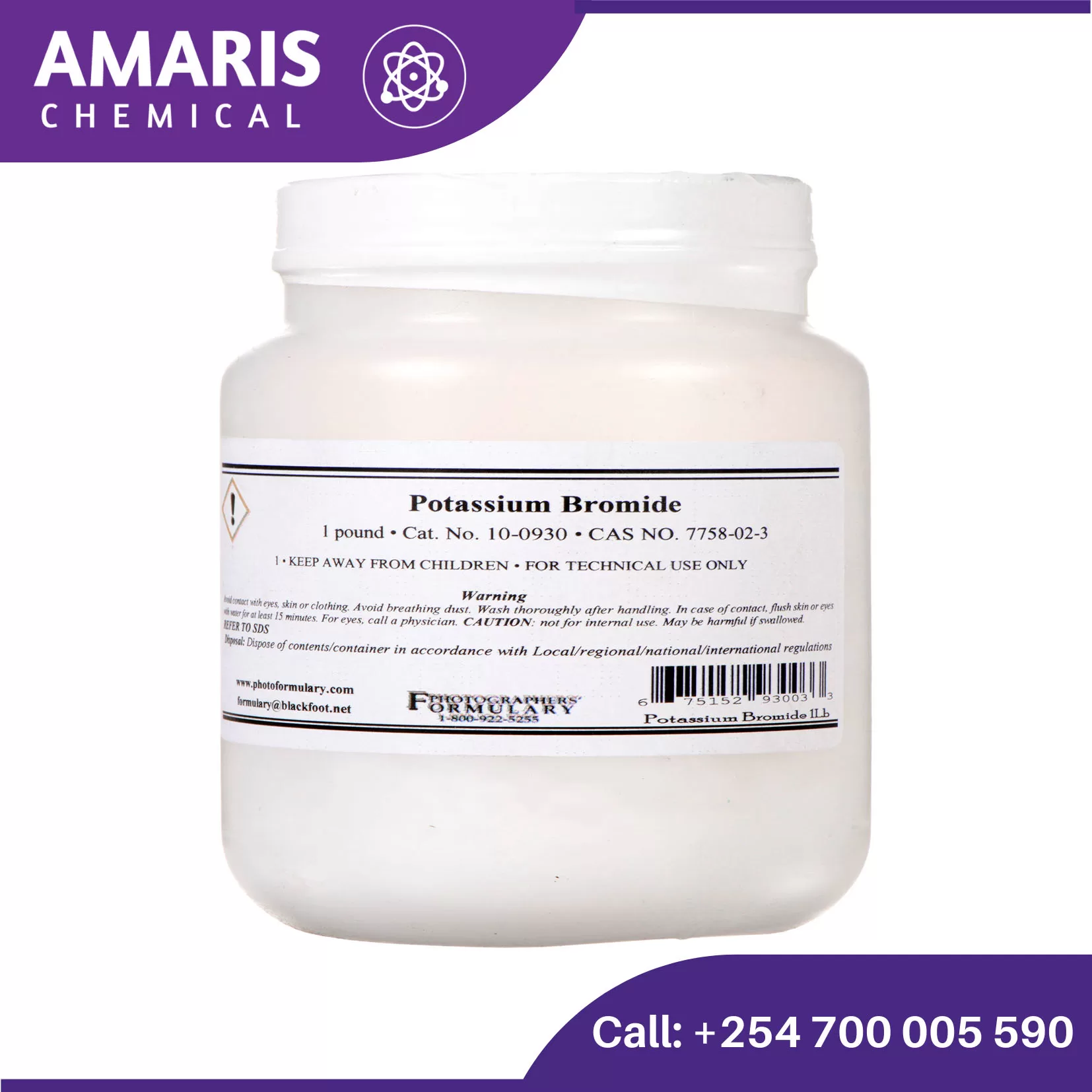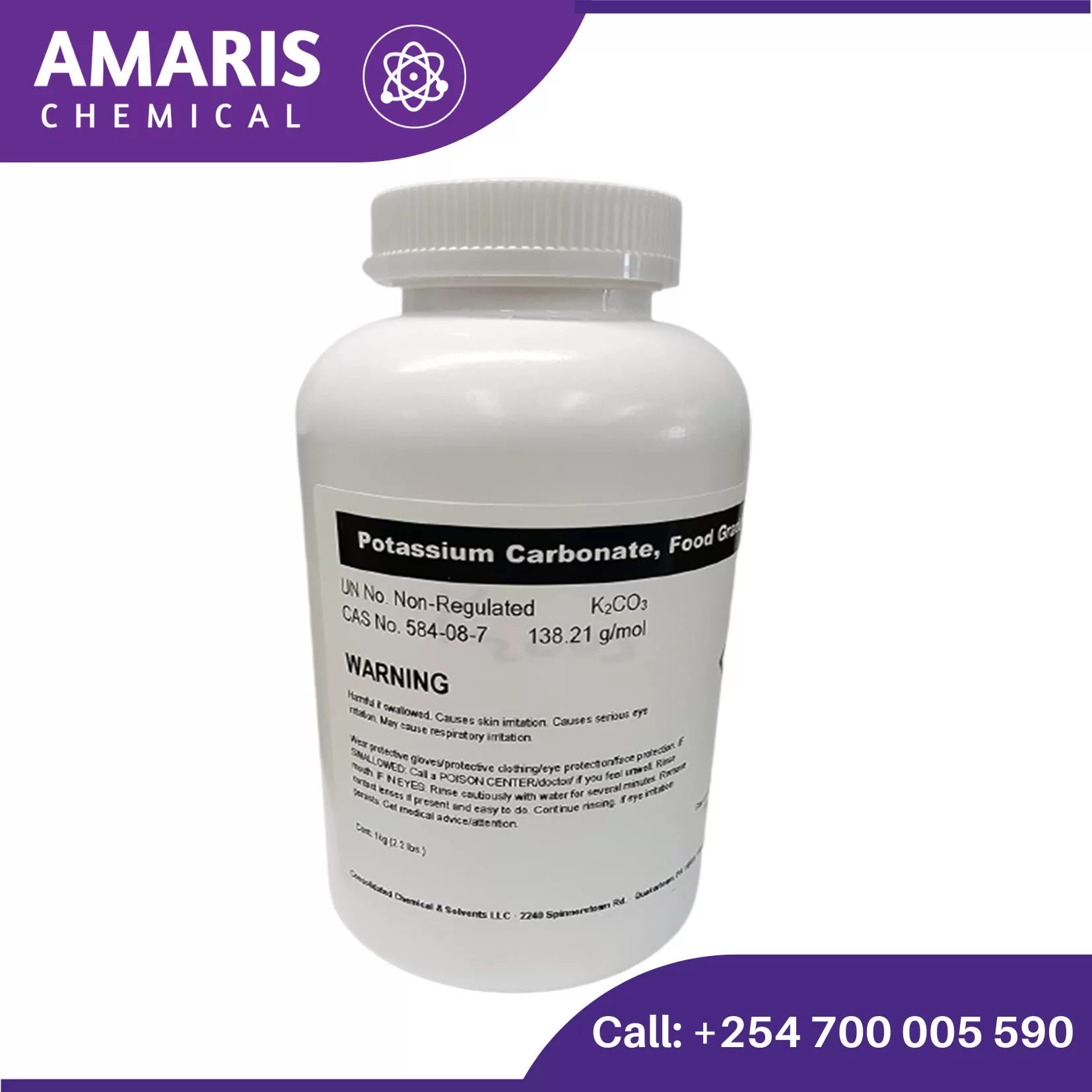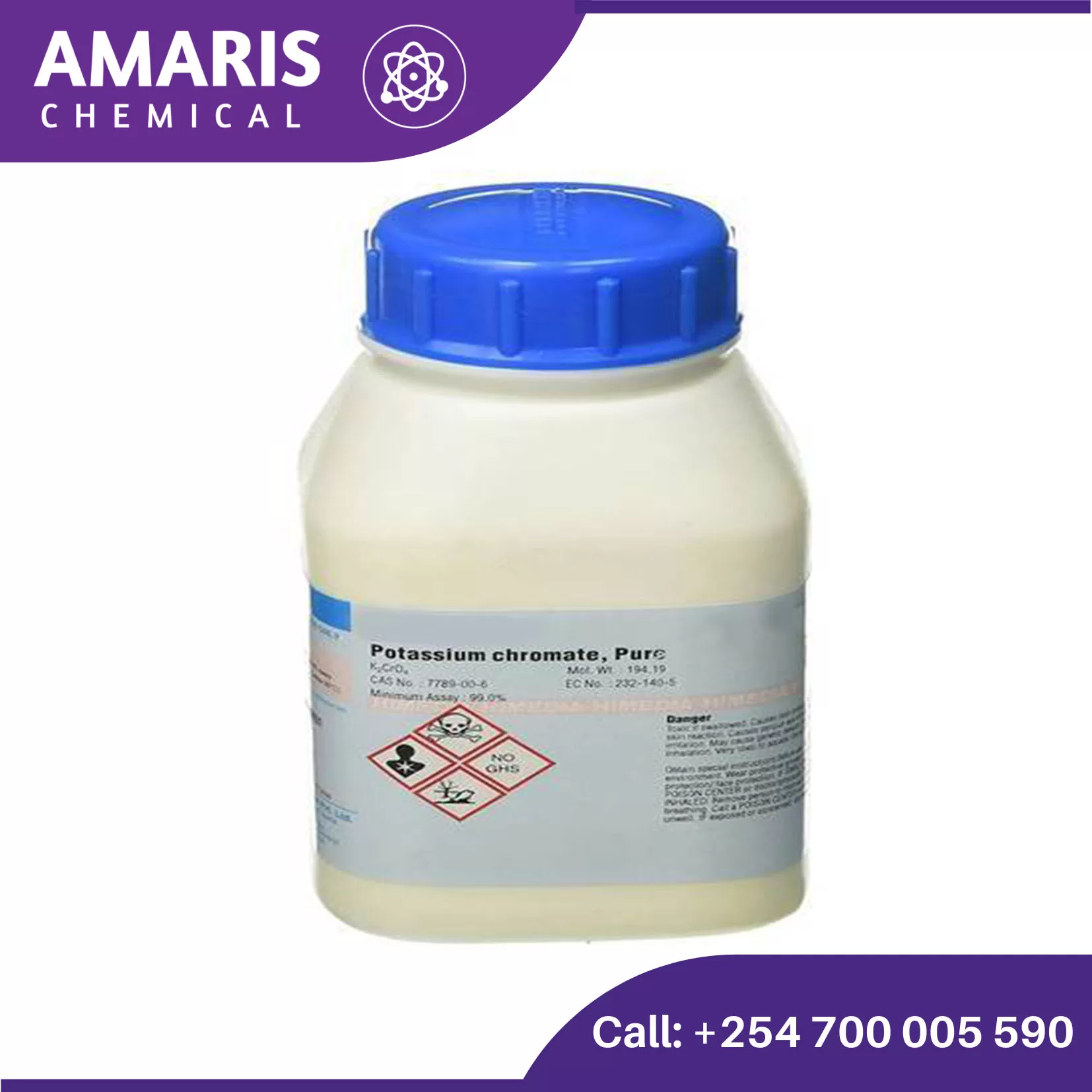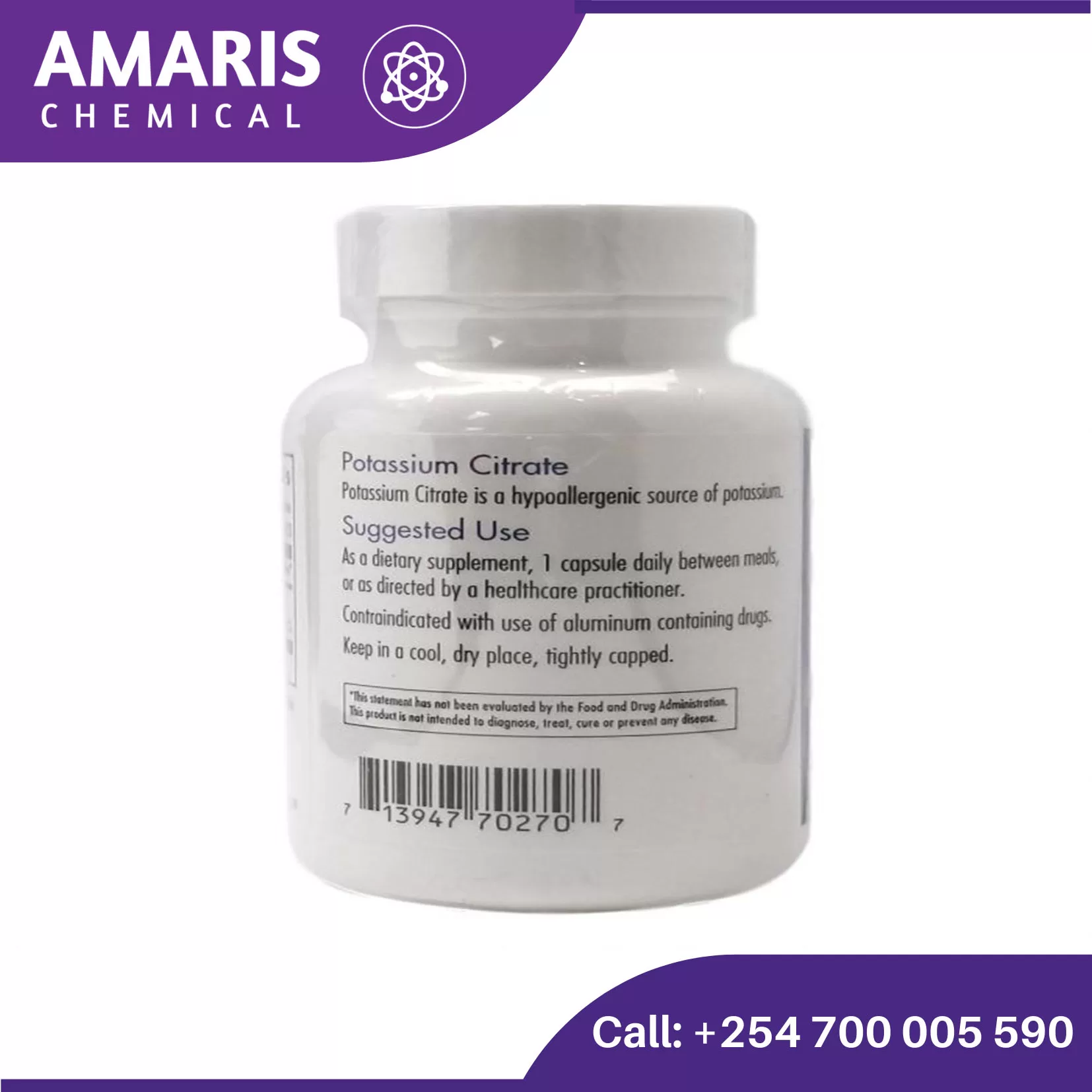Plastic cell holder
A plastic cell holder is a versatile laboratory accessory designed to securely accommodate cell culture plates, microplates, or cuvettes. Typically made from durable, lightweight plastic, these holders ensure stable support for samples during various laboratory procedures. They often feature configurations that fit standard multi-well plates, allowing for efficient handling and storage.
Plastic dissecting tray without wax
A plastic dissecting tray used in a lab typically serves as a sterile, flat surface where specimens can be dissected and examined. These trays are often designed with grooves or depressions to contain fluids, ensuring a clean and organized workspace. They're commonly made of durable, chemical-resistant plastic for easy cleaning and reuse. The trays usually come in various sizes and shapes to accommodate different types of specimens and experiments, ranging from small animals in biology labs to larger organs in medical settings. They're an essential tool for teaching and conducting experiments in biology, anatomy, and related fields.
Plastic test tube stand 6hole
Plastic wash bottle
A plastic wash bottle is a versatile laboratory tool designed for the controlled dispensing of liquids. Typically made from durable polyethylene, its lightweight, squeeze-design allows for precise flow control, making it ideal for rinsing and pouring. The narrow spout facilitates targeted application, minimizing spills and waste, while the translucent body enables users to easily monitor the liquid level inside. Equipped with a wide mouth opening for effortless refilling and cleaning, these bottles are commonly used to dispense distilled water, buffer solutions, and various reagents in laboratory settings. Their practicality and ease of use make plastic wash bottles essential for efficient liquid handling in any scientific environment.
Porcelain boat
A porcelain boat is a small, boat-shaped laboratory vessel made of durable porcelain material. Typically white in color, it features smooth, non-porous surfaces that resist chemical reactions and staining. The design allows for easy handling and stability when placed in a furnace or on a balance. Porcelain boats are commonly used for heating solid samples, conducting chemical reactions, ashing processes, and weighing materials. Their ability to withstand high temperatures and their inert nature make them ideal for various analytical and experimental applications in laboratories.
Porous pot
A porous pot is a specialized container designed to allow the passage of liquids or gases while retaining solid materials. Typically made from materials like ceramics, terracotta, or certain polymers, these pots feature numerous small pores that enable diffusion and permeability.
In laboratory settings, porous pots are used for various applications, including soil moisture studies, diffusion experiments, and electrochemical cells. Their ability to maintain separation between different substances while permitting fluid movement makes them essential tools for researchers investigating chemical interactions, water quality, and plant growth.
Potassium Carbonate 500gm
Potassium carbonate (K₂CO₃) is an inorganic compound commonly referred to as potash. It is a white salt, soluble in water, which forms a strongly alkaline solution. Here are some details about potassium carbonate:
Properties
- Chemical Formula: K₂CO₃
- Molar Mass: 138.205 g/mol
- Appearance: White, hygroscopic powder
- Density: 2.43 g/cm³
- Melting Point: 891 °C (sublimes)
- Solubility in Water: Highly soluble (110 g/100 mL )
Potassium Chlorate 500gm
Potassium chlorate is a chemical compound with the molecular formula KClO3. It is a white crystalline powder that is commonly used as an oxidizing agent in various industrial processes, as well as in the production of fireworks, matches, and explosives. When heated or subjected to shock, it releases oxygen and can rapidly increase the temperature of its surroundings, making it a potentially dangerous substance if handled improperly.


